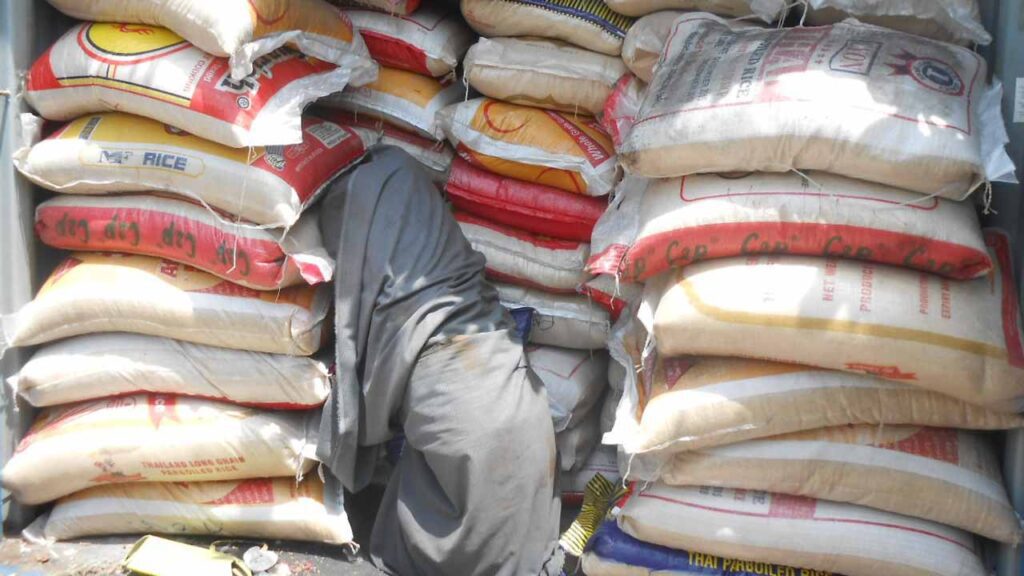An agriculture expert has
chided the government over the high cost of rice despite over N850 billion on
the rice value chain under the Anchor Borrowers’ Programme.
The National President of Nigeria
Agro Input Dealers Association (NAIDA), Kabiru Fara, argued that if the money
spent by the Central Bank investing in rice was spent on importing it,
Nigerians will have more than enough to eat at a lower price.
Currently a 50kg of Nigerian rice is sold for between N25,000 and N27,000 while foreign rice is sold for between N30,000 and N32,000. Rice millers had blamed the high cost of the staple food on the high cost of production and unavailability of paddy rice.
Bitcoin offers no return at all unless you can resell it to a “greater fool”. It is a Seinfeld asset — a speculation based on nothing.
They faulted the Central Bank of Nigeria (CBN) for the disbursement of over N850 billion on Anchor Borrowers’ Programme (ABP), yet rice is still expensive and not available in the market.
Fara, while speaking to newsmen in Abuja, said rather than expending so much money on one value chain with no result to show, the government should invest more in ensuring farmers get access to agro-input at a subsidised price.
He however hailed the government for the reintroduction of the Growth Enhancement Scheme (GES), saying the scheme will force down prices of food and also ensure its availability.
The Minister of Agriculture and Rural Development, Dr Mohammad Abubakar, had recently hinted on the plan to reintroduce GES with the support of the African Development Bank (AfDB).
The former Minister of Agriculture and Rural Development, Dr Akinwumi Adesina, introduced the GES. The scheme allows the government to subsidise agro-inputs by 50 per cent while the state governments and farmers share the burden of the remaining 50 per cent.
He said farmers would be happier because farm inputs prices are rising, but with the GES, the farmers can get inputs at an affordable price that means Nigerian consumers will get things at affordable price all things being equal.
He argued that the central bank’s ABP focuses mainly on rice producers, while the GES centres on all value chains making it more impactful.
He said bringing back GES means a lot, because commercial banks have to come, producers, suppliers, agro-dealers, farmers’ associations have to come in so that they can agree on modalities of distributing the farm inputs.
Fara said in this new GES, they will ensure that quality inputs are delivered at various centres with the farmers’ preference in consideration.



